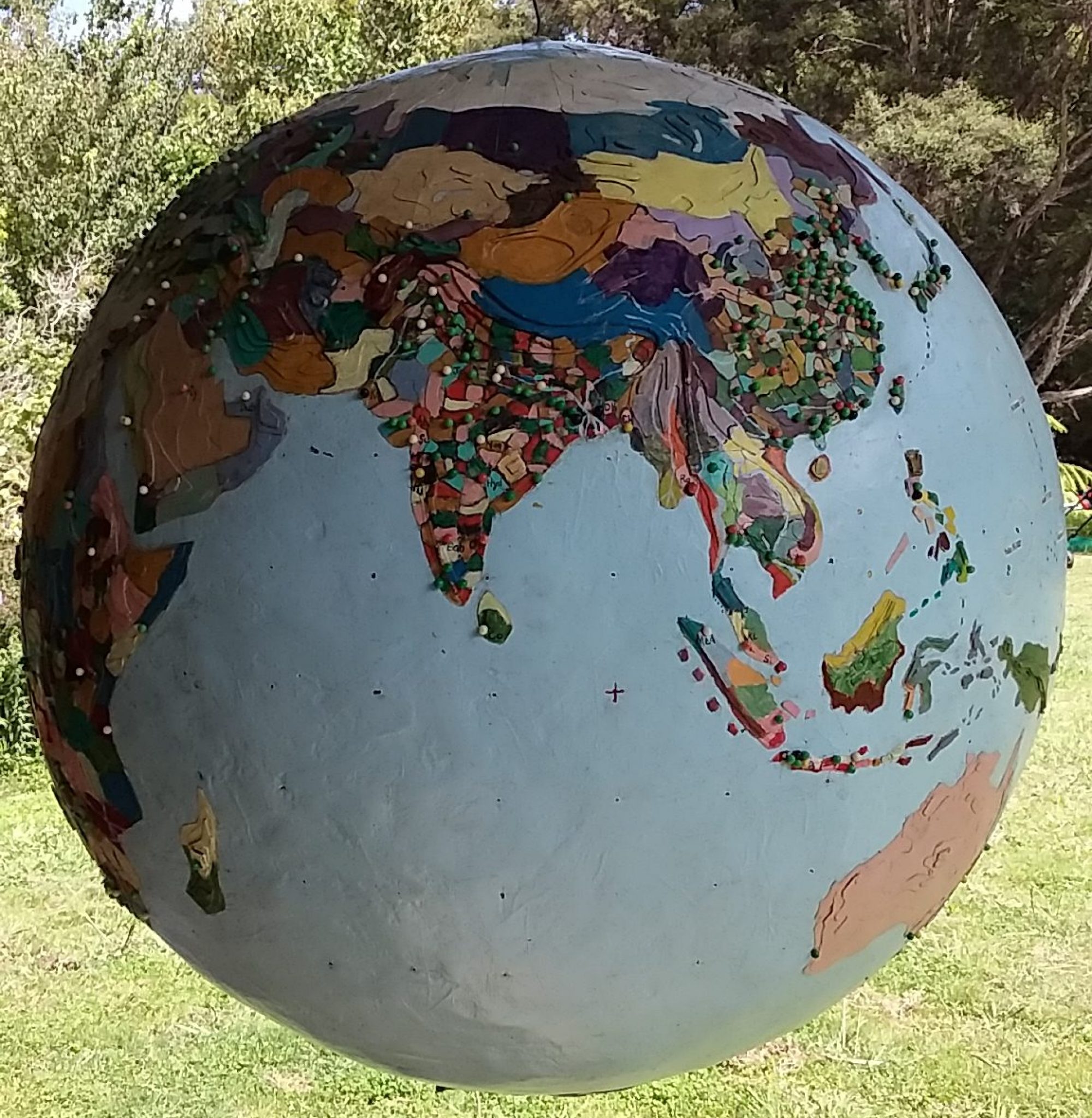The Kingdom of Saudi Arabia, population 33 million, can be divided into three or four millispheres. In the middle of the Arabian peninsula is the “Najd” (the upland) a region of nine million, including the Saudi capital Riyadh (six million).
The Najd is the heartland of both the Saud royal family and a branch of Sunni Islam known as Wahhabism.
Muhammad Wahhab was born in the Najd in 1702 and aspired to restore Islam to “true monotheist worship”.
He preached that Muslims not following strict Wahhabi practices should first be given the chance to repent, otherwise they could be killed. He also preached that the veneration of Muslim saints and visiting shrines was idolatrous.
Anyone who was not a Wahhabi was not a Muslim, he said. The Wahhabi religious philosophy is a particularly strict form of commanding “right” behaviour and forbidding “wrong”.
Wahhab then made a pact with the local Saud tribe. If they followed the Wahhabi way and gave up taxing the local harvest, he promised that God would give them booty from conquest and the right to collect taxes.
This alliance has lasted two-and-a-half centuries and the two families have intermarried multiple times (not hard to do in a country where some wealthy men have more than 30 wives).
In 1802, the Sauds captured Karbala, slaughtering all the men (conveniently “non-Muslim”) and enslaved the women and children. Early in the 19th century they conquered all of Saudi Arabia including the holy cities of Mecca and Medina, carrying out 40,000 executions of local leaders and amputations on 350,000 others in the process.
Under the Saudi/Wahhabi alliance, tobacco, alcohol, card playing and listening to recorded music was forbidden. In the petrol era, Saudi Arabia funded Wahhabi schools in such places as Pakistan and Indonesia with their new wealth.
After the USSR invaded Afghanistan, Saudi Arabia spent $US600 million per year there, sending 20,000 fighters.
After driving out the Russians (and destroying the Bamiyan Buddhas), these triumphant Wahhabi fighters (including one Osama bin Laden) returned home. Five hundred of these radicalised returnees seized the Grand Mosque in Mecca in 1979. Saudi policy has been to “rehabilitate rather than torture” its domestic fundamentalists.
After creating al Qaeda, Wahhabi Sunni then spawned Isis with its trademark executions, rape, pillage and destruction of “idolatrous” monuments.
To the east of the Najd is the millisphere bordering the Persian Gulf historically known as “Bahrain” (the seas). This includes most of the Saudi oilfields and the oil-producing states of Bahrain, Kuwait, the UAE and Qatar, which is now being unjustly targeted by its neighbours for “supporting terrorism” – this has resulted in an “unlawful blockade”, says Amnesty International.
A member of the Gulf Cooperation Council, Qatar has historically been a moderniser, a mediator and an honest broker in the region. There are about 250,000 Qataris and they have invested their oil income in the West so the income from these investments now equals their oil revenue, some of which they use to fund the Al Jazeera (Mesopotamia) news channel.
Al Jazeera English now has coverage in the Middle East that is vastly superior to its rivals BBC and CNN but its offices in both Baghdad and Kabul have been targeted by US missiles.
The United States Defence Secretary, Jim Mattis, described the Qatar blockade as a “very complex situation”.
“Qatar has a history of supporting groups across a wide political spectrum, including those engaged in violence,” added Exxon oilman Rex Tillerson, now the US Secretary of State.
Egypt’s President Abdel Fattah el-Sisi praised Donald Trump’s participation in the counter-terrorism summit in Riyadh last month.
“We have come to fight terrorism in partnership with Middle East leaders,” said Trump after signing the $US110 billion arms deal with Saudi Arabia. Fifteen of the nineteen 9/11 hijackers were Saudis and they were all Wahhabis.
The ink was barely dry on the arms contract before Saudi King Salman moved on Qatar. All Saudi hotels turned off their Al Jazeera satellite channel for “committing religious, political and moral violations”.
“We do journalism seriously,” say Al Jazeera English. It seems someone doesn’t like “serious journalism”.
